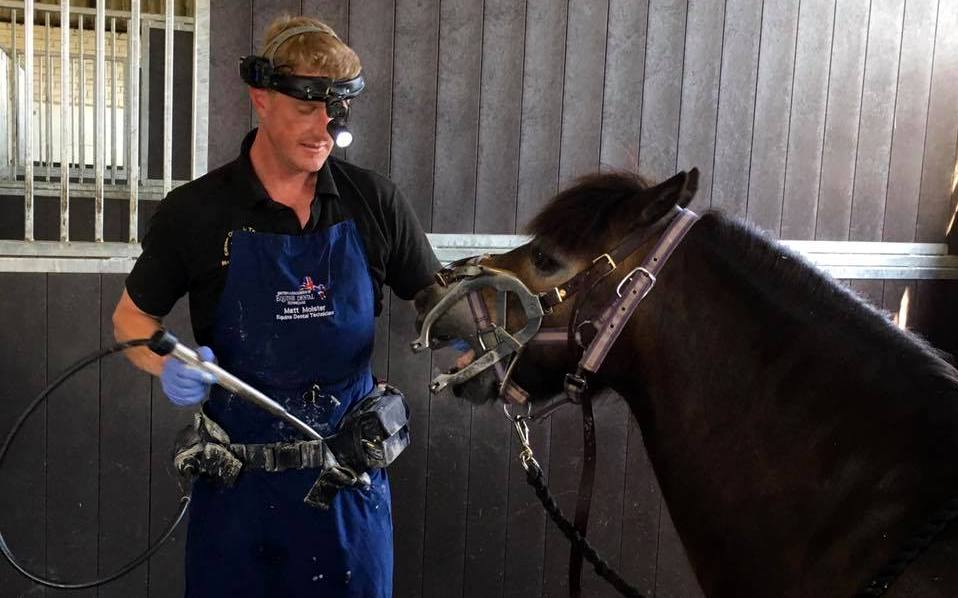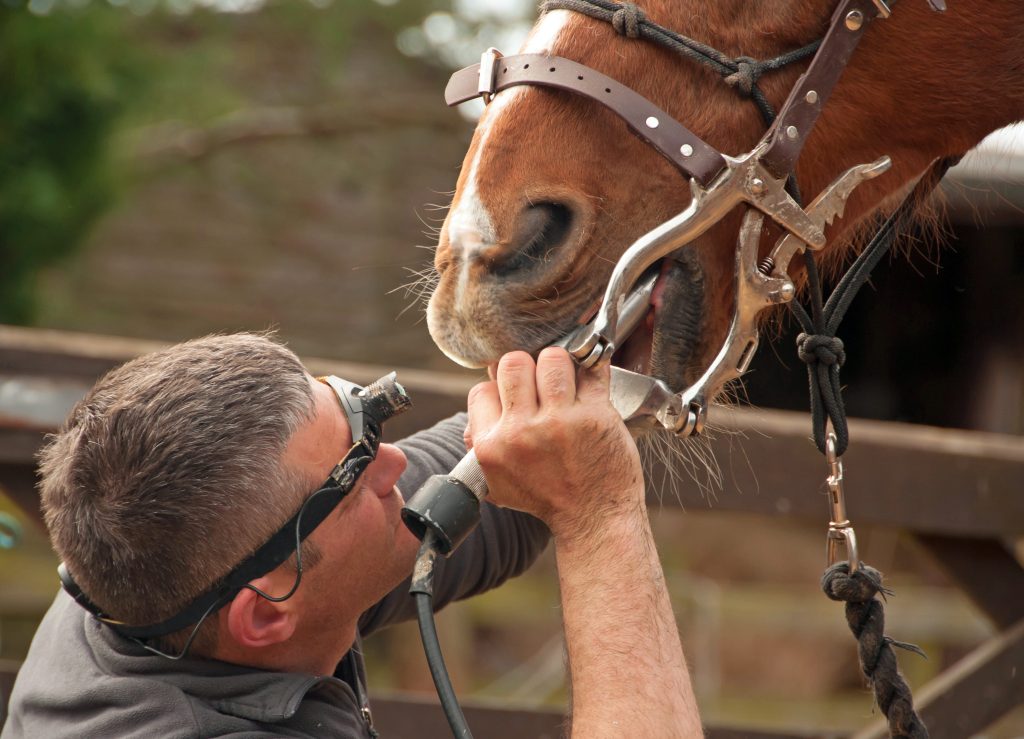Caring for a horse involves understanding various aspects of their health, including their dental care. Horse tooth problems can significantly affect a horse’s well-being and performance. Early detection and treatment of dental issues are essential for maintaining a horse’s overall health.
In this article, we will explore the different types of dental problems that can affect horses, their symptoms, and how to prevent and treat these issues effectively. Whether you’re a seasoned equestrian or a new horse owner, understanding these common dental problems can help you provide better care for your horse.

Understanding Equine Dental Anatomy
Before delving into common horse tooth problems, it’s essential to have a basic understanding of equine dental anatomy. Horses have a set of teeth adapted to their herbivorous diet, which includes incisors, premolars, and molars. These teeth are crucial for grinding down fibrous plant materials.
Types of Horse Teeth
Horses have two types of teeth: deciduous (baby) teeth and permanent teeth. Deciduous teeth are temporary and are replaced by permanent teeth as the horse ages. Understanding the structure and function of these teeth can help in identifying potential dental issues.
Common Horse Tooth Problems
Horses can experience various dental problems, some of which may require professional treatment. Here are some of the most common issues:
1. Sharp Enamel Points
Sharp enamel points occur when the outer edges of the molars and premolars develop sharp edges. These can cause discomfort and ulcers in the cheeks or tongue.
2. Hooks and Ramps
Hooks and ramps are overgrowths that form on the upper and lower teeth, respectively. These can interfere with the horse’s ability to chew properly and may lead to uneven wear of the teeth.
3. Wave Mouth
Wave mouth refers to an uneven pattern of wear across the molar arcades, leading to inefficient grinding of food and potential digestive issues.
4. Step Mouth
Step mouth occurs when a tooth or group of teeth becomes longer than the adjacent teeth, creating a step-like appearance. This can lead to imbalanced chewing.
5. Periodontal Disease
Periodontal disease is an infection of the gums and supporting structures of the teeth. It can lead to tooth loss and other health complications if left untreated.
Signs of Dental Problems in Horses
Detecting dental problems early can prevent more severe health issues. Here are some signs to watch for:
Changes in Eating Habits
If your horse is dropping food while eating, eating slowly, or showing a preference for softer feeds, it may be experiencing dental discomfort.
Weight Loss
Unexplained weight loss can be a sign of dental problems, as horses may struggle to consume enough food if their teeth are causing pain.
Bad Breath
Persistent bad breath in horses can indicate dental decay or infection.
Facial Swelling
Swelling on the face or jaw can be a sign of a dental abscess or other horse tooth problems.
Preventing and Treating Horse Tooth Problems
Regular dental check-ups are crucial for preventing and managing dental issues in horses. Here are some steps to take:
Regular Dental Examinations
Schedule routine dental exams with a qualified equine dentist or veterinarian to identify and address issues early. For more on dental care, visit equine dental care.
Floating
Floating is a common procedure where sharp points are filed down to prevent injury to the cheeks and tongue.
Diet Management
Feeding a balanced diet with appropriate roughage can help maintain healthy teeth. Learn more about horse diets at why horses need dental work.
FAQs About Horse Tooth Problems
1. How often should a horse’s teeth be checked?
It’s recommended to have a horse’s teeth checked at least once a year, although some horses may require more frequent examinations.
2. What age do horses start losing their baby teeth?
Horses typically begin to lose their baby teeth around 2.5 years of age, with most permanent teeth in place by age five.
3. Can dental problems affect a horse’s behavior?
Yes, dental problems can lead to changes in behavior, such as irritability or reluctance to accept a bit. Addressing these issues can improve a horse’s temperament.

Conclusion
Understanding and addressing horse tooth problems is an essential part of maintaining your horse’s health and performance. By recognizing the signs of dental issues and seeking regular professional care, you can ensure your horse remains happy and healthy. For more information on equine dentistry, you can visit ScienceDirect and Thalequine.
This article contains affiliate links. We may earn a commission at no extra cost to you.
